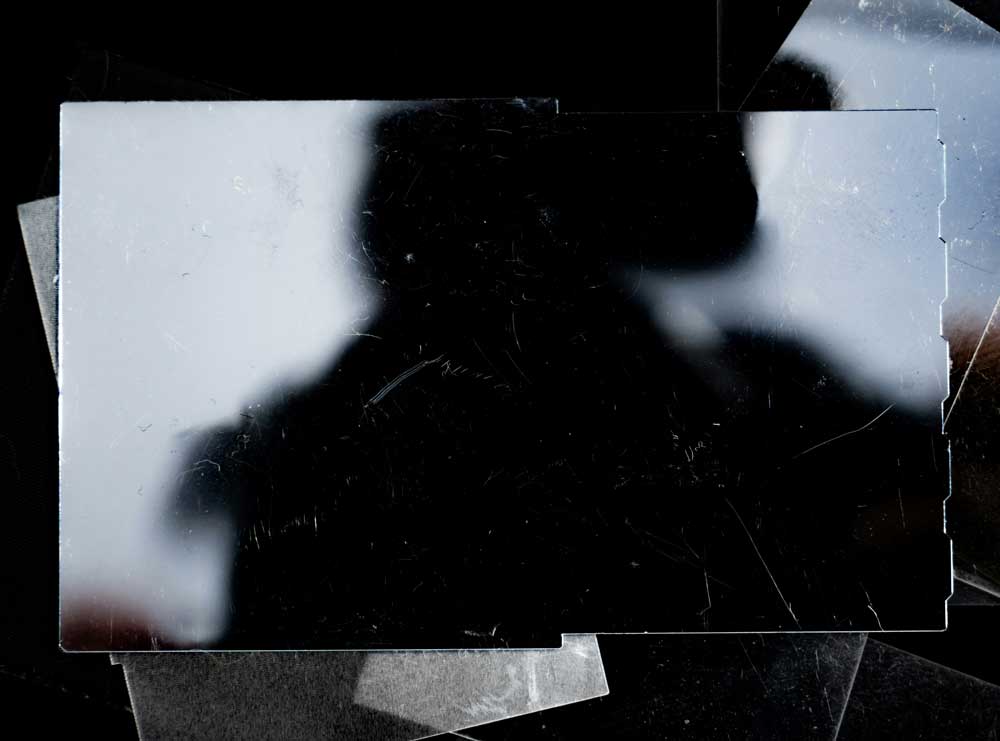Backstory
by Aaron Bourne

I sit across from the Washington elite. I work to access their thoughts and dreams as they evolve in the therapeutic relationship. It can look like a one-sided process, but it most certainly is not. When it goes well, my clients pour their pain into the space I provide. Because this year marks two decades of continuous practice for me, I find myself reflecting on the deeper nature of these relationships. What is the stuff of therapy? Who am I to them? Who am I really in this space? I suppose these are standard twenty-year questions for any clinician.
My clients know me as their therapist, and they benefit from the big-hearted professional that I want them to see. I think they see me as a strong and caring man. I give them my warmth and my intelligence.
But, like everyone, I have a backstory. My therapeutic persona is not rooted in wealth or capacity. Far from it. I may look and play a particular role for many. But in me there is still a nearsighted fatherless boy who was raised by a poor inner-city girl. While people in my carefully decorated waiting room enjoy the classical music I have provided for them, they unknowingly are waiting to see a man whose mother cleaned hotel rooms and was paid under the table so she could get food stamps. My mother walked home with me in her arms after my delivery. My first crib was a dresser drawer lined with bath towels.
To this day, all five feet of her are tenacious and irrepressible. There is a look in her eye that says it all. It is something like an MMA fighter who knows they will have to be choked out before they tap out. While she cannot truly understand my career ambitions (she has an eighth-grade education), she is responsible for much of what my clients enjoy. As I reflect on how she helped make me who I am today, I realize that at six feet, two inches tall, and with a frame that shows my dedication to the gym, I try to look like what was always in her heart.
Yet that is one of many parts of me. It is a part of myself that I have developed. After all, I can choose what to read and how much to work out. Like all therapists, I have been fired. I have even decided to not offer my services from time to time. Yet, for the most part, my clients engage in our process.
But twenty years is twenty years, and we romantics are certainly prone to reflect. Like a warm blanket on a cold night, I often feel my success covering up what I want to keep out of the cold. My memories of the never-ending winters in Rochester, New York, and the smell of poverty: stale beer, cigarettes, and garbage. Oh, how I love my therapeutic blanket. It is thick with contemporary theories of how to practice, how to be, and when to say what needs to be said. I have access to the finest therapeutic minds in my area for supervision and consultation, and I feel the warmth they offer.
An esteemed colleague of mine has an inscribed rock in their office that reads, A good family makes a good person. The connotation of the message is innocent enough, but it makes me want to pull the blanket up clear over my head. Oh, how I want to warm that cold little boy who, by any objective measure, did not come from a “good family.”
My adult brain both remembers and understands how my family suffered from addiction, mental health problems, and poverty. I know they lacked access to resources and the knowledge of how to preserve what little they had. My young vulnerable brain remembers the cold, those long winter nights, and my mother’s struggle. For me, shame has always felt like standing alone on a rotting porch next to the garbage and beer bottles in the dead of winter. I don’t know if I dreamed of the life I currently have as a child, but I hope I did. Retaining contact with the stark contrast between where I come from and where I find myself today helps keep me grounded in my practice, where I benefit from both the warm strong man and that cold little boy.
- Aaron Bourne, LPC, NCC, maintains a private practice serving the greater Washington, DC, area. He has taught psychodynamic and humanistic psychotherapy at numerous universities and institutes over his twenty-year career. He is currently a faculty member of the Institute of Contemporary Psychotherapy and Psychoanalysis’s Couples Therapy Training Program. He is a Gulf War veteran and a retired Air Force officer.
- Email: aaron@aaronbourne.com
ROOM is entirely dependent upon reader support. Please consider helping ROOM today with a tax-deductible donation. Any amount is deeply appreciated. |





